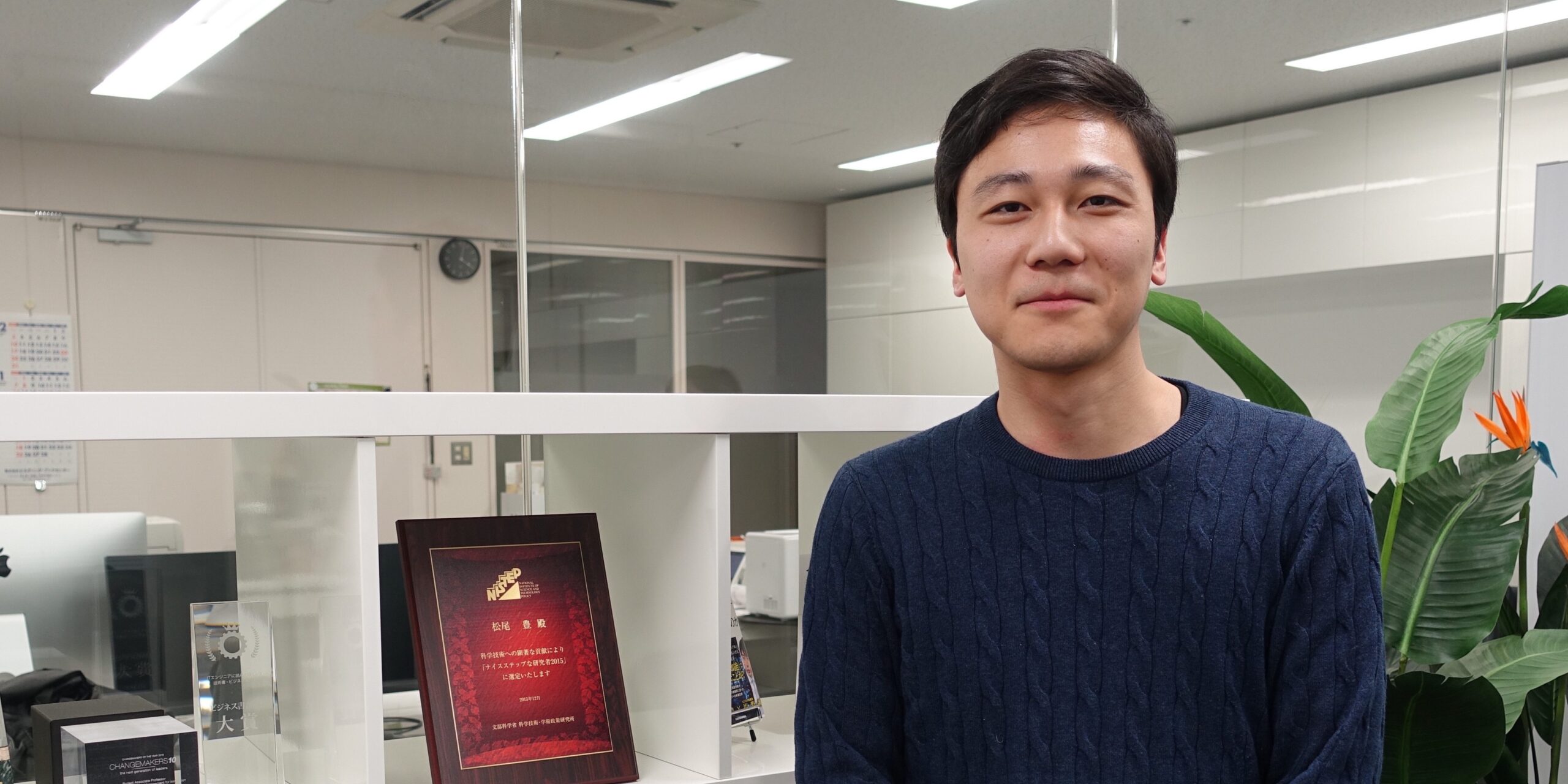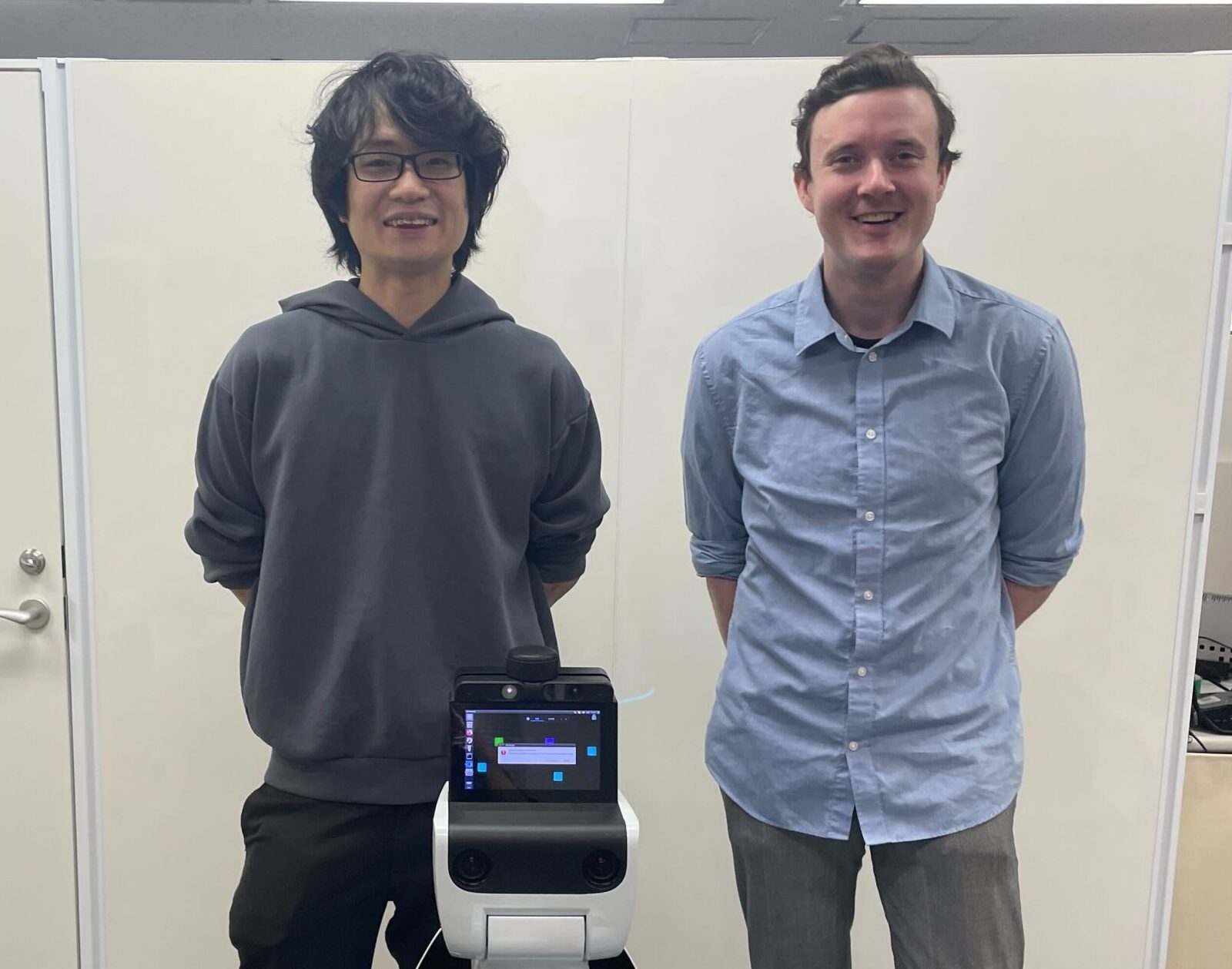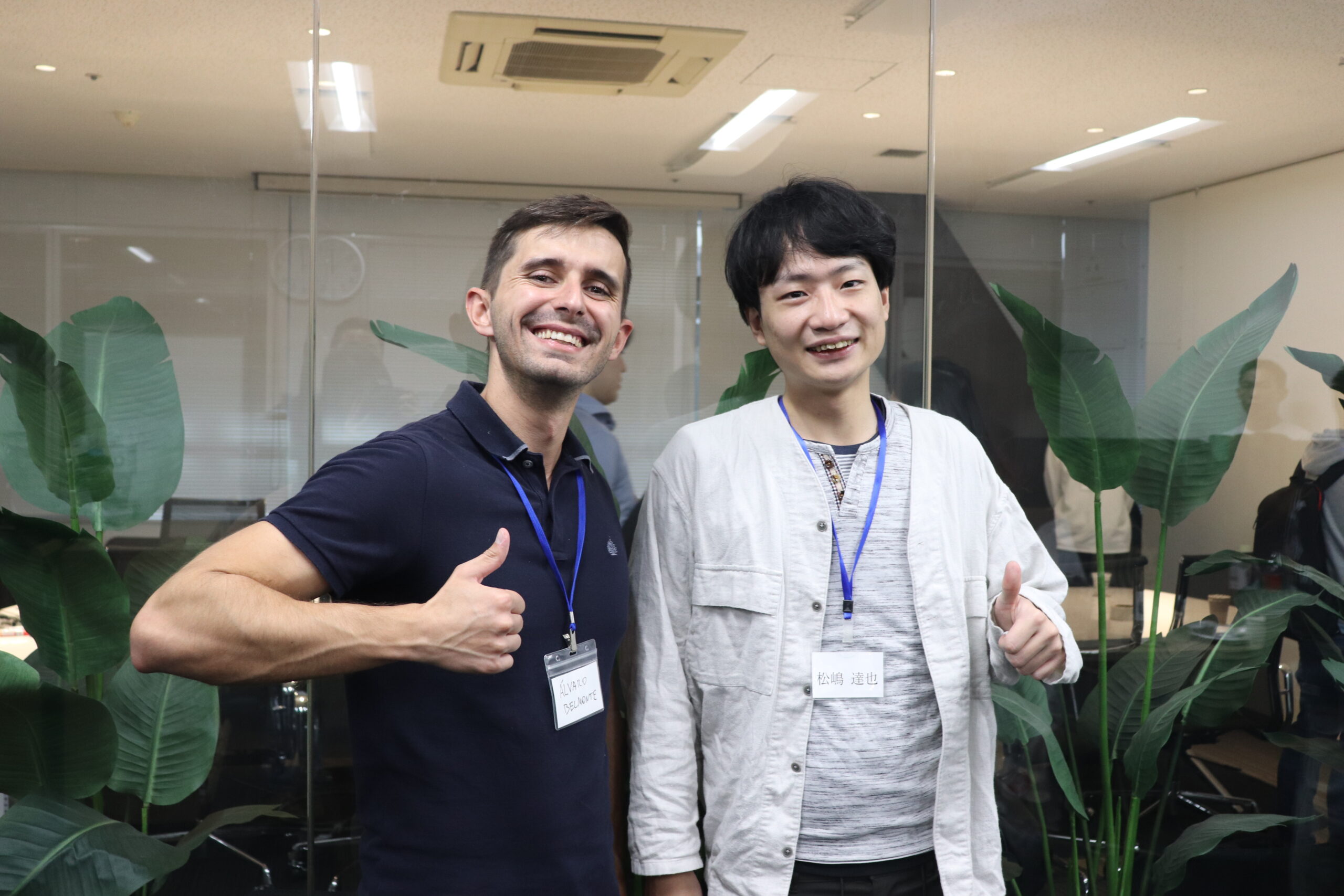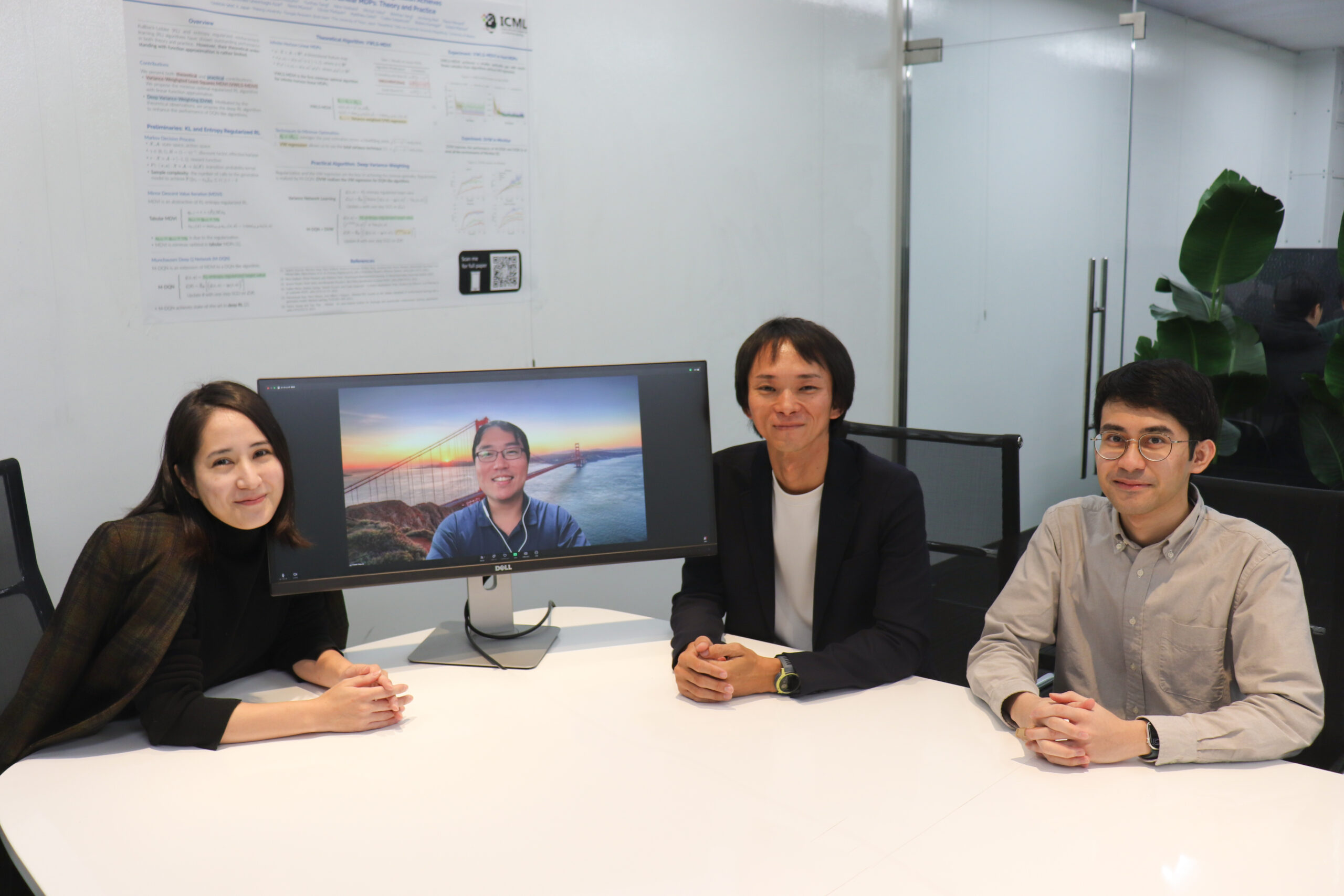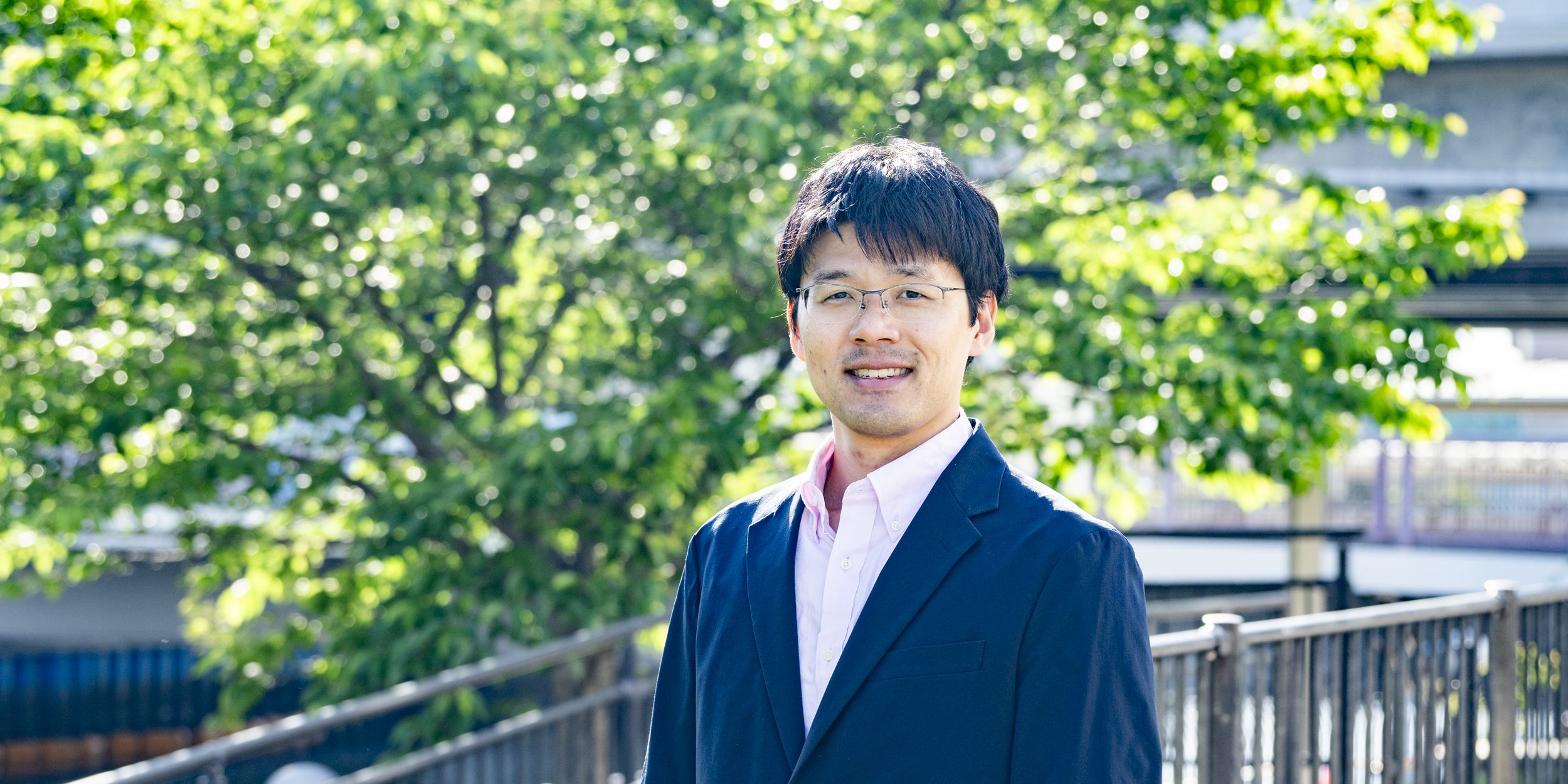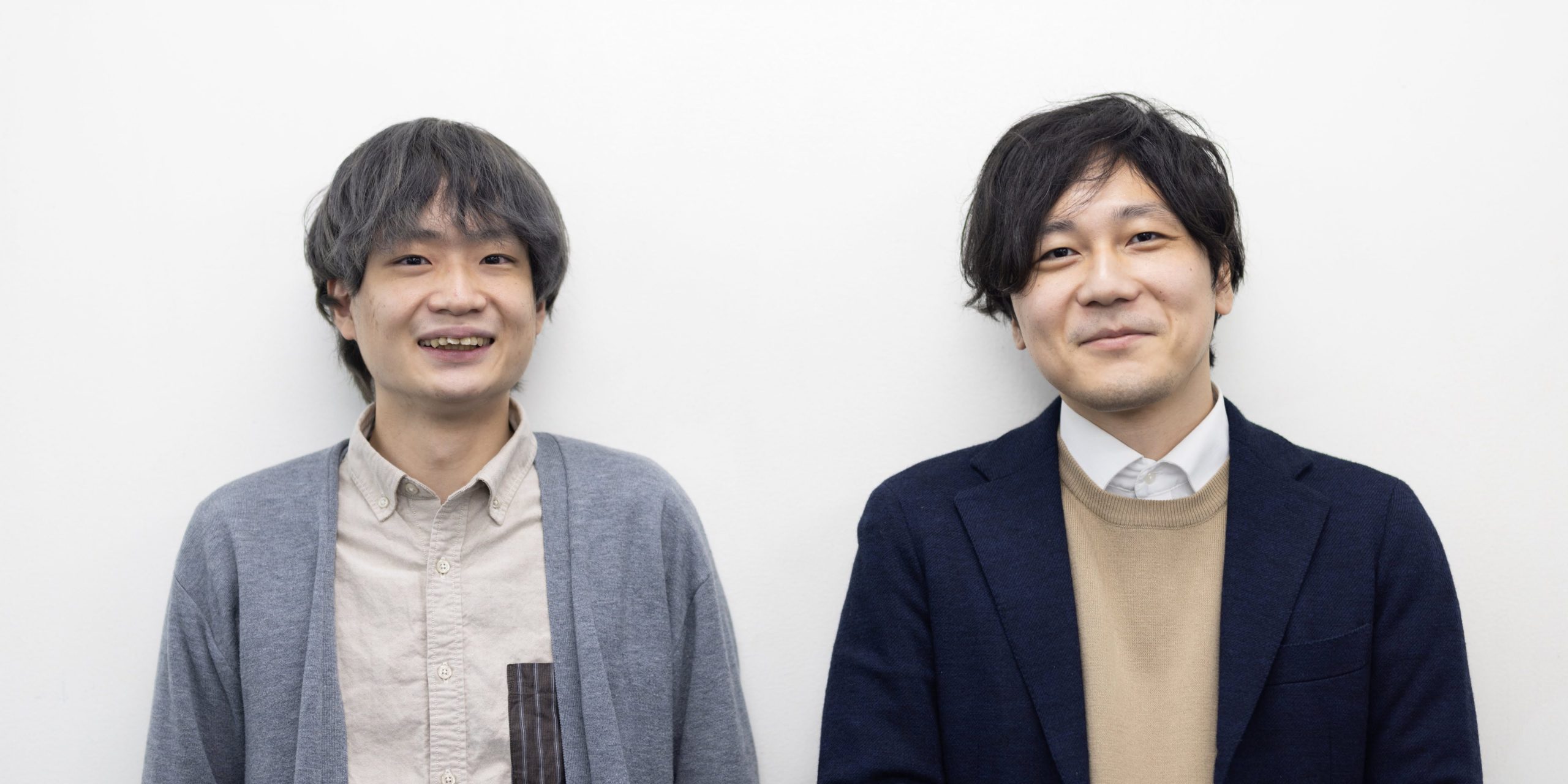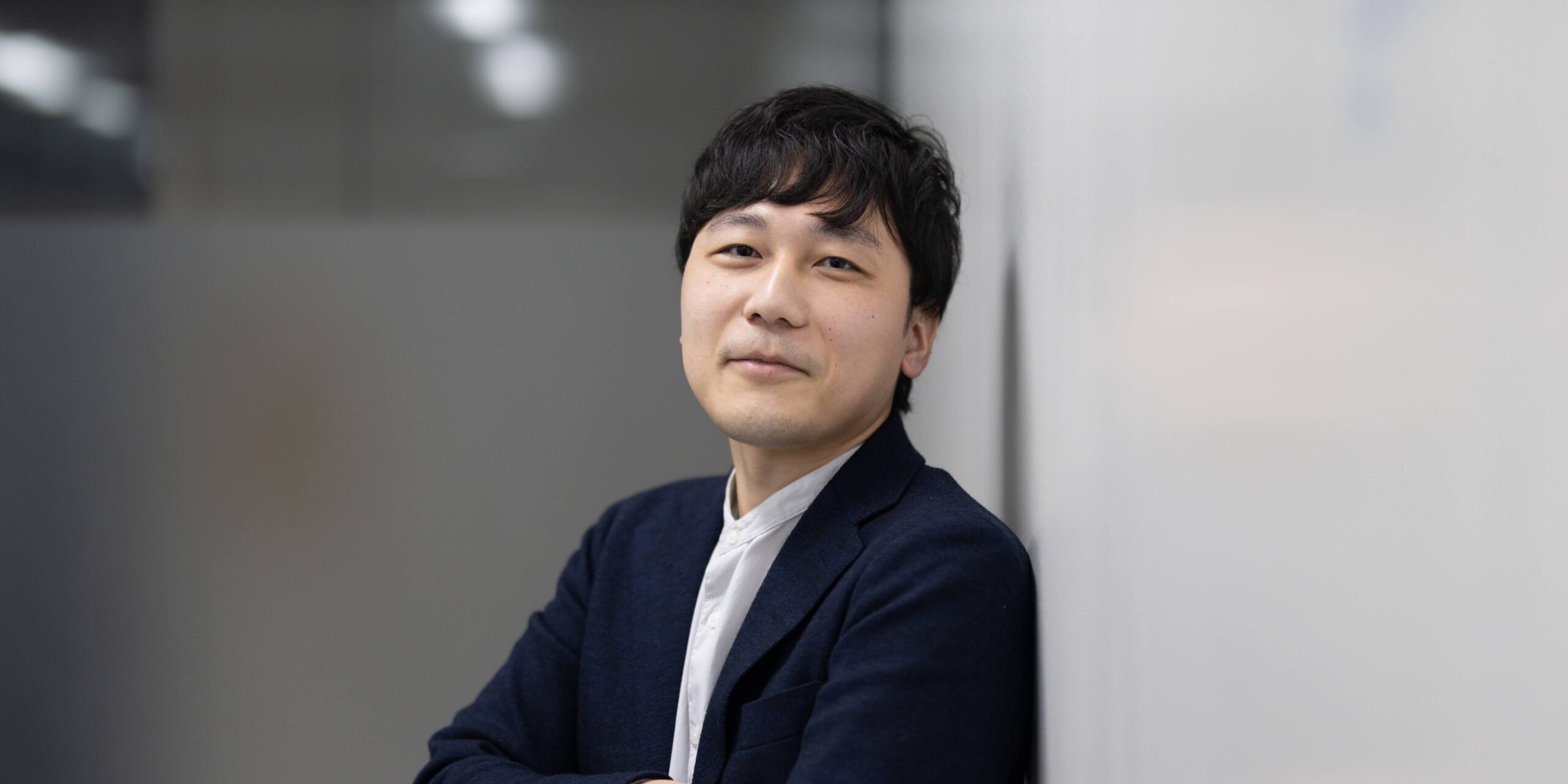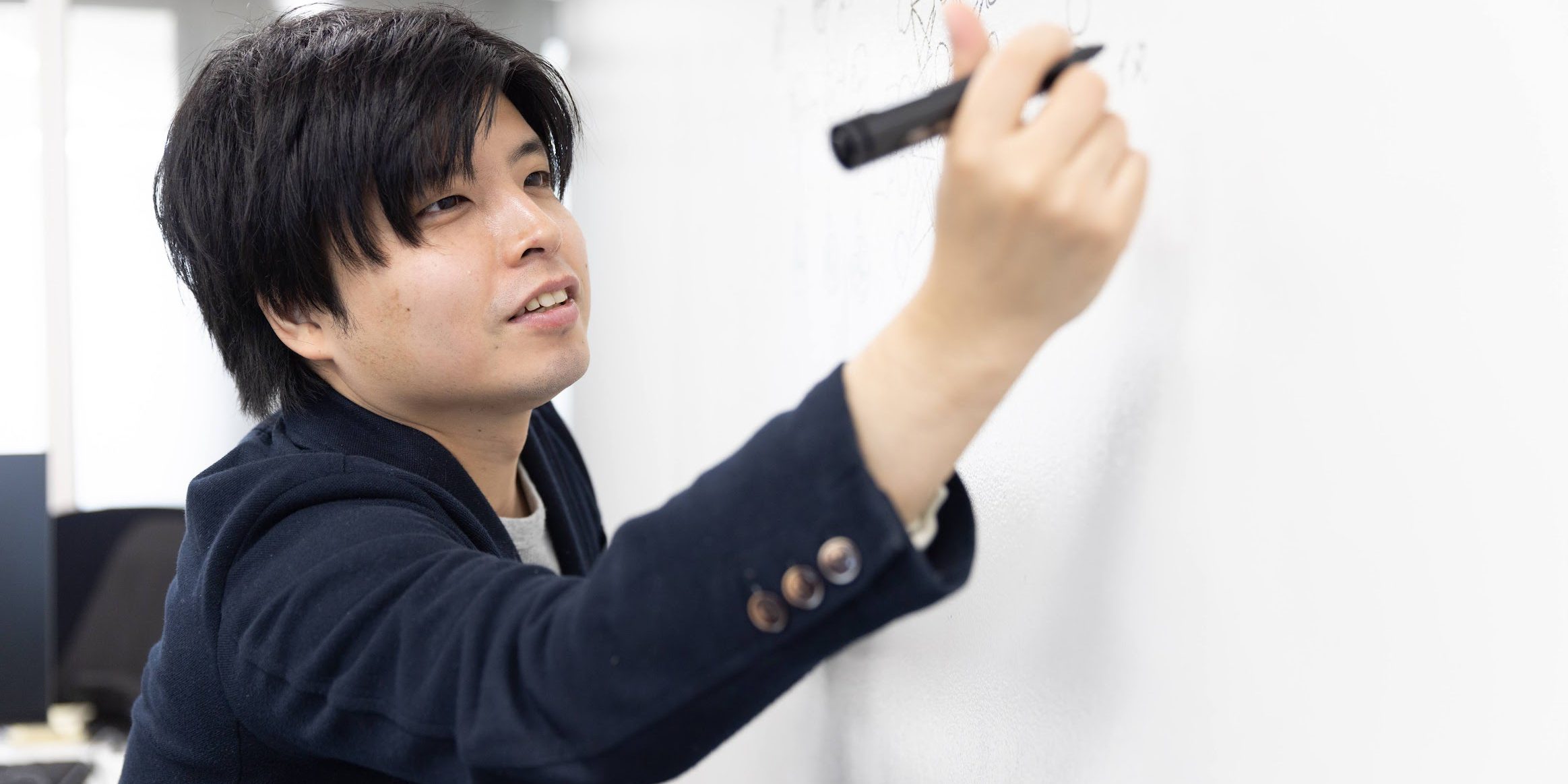Project Researcher Yusuke Iwasawa
Profile
2012 Graduated from Sophia University, Graduate School of Science and Technology, Department of Informatics
2014 Completed the Informatics area of the Graduate School of Science and Engineering, Sophia University
2017 Completed Doctoral program in Technology Management Strategy, Graduate School of Engineering, The University of Tokyo (JSPS Research Fellow DC1)
Since 2017, Specially Appointed Researcher at Matsuo Laboratory, The University of Tokyo
◼︎ Research Interests
Applications of machine learning/deep learning to IoT (currently, deep learning models with particular consideration of privacy, fault tolerance, power consumption, etc.)
Representation learning for action recognition with wearable sensors (Ph.D.)
Automatic road surface accessibility information collection system using wheelchair sensing (M.S.)
If I die someday, I want to die working in education.
At the Matsuo Lab, I mainly provide research guidance to students. Before coming to the Matsuo Lab, I myself belonged to a different laboratory at Sophia University, but I joined the Lab after meeting Professor Matsuo at an overseas symposium. The main theme of my previous laboratory was “support for the physically challenged,” and I was also researching artificial intelligence in that context. I was particularly interested in machine learning and data analysis. For example, I was working on a project to visualize information about the town, such as using a sensor attached to a wheelchair to determine if there is anything wrong with the wheelchair. We still communicate with each other through regular feedback.
I myself had never actually wanted to be a researcher. In fact, I was looking for a job, but during the job search, the question came to me, “Why am I working so hard to find a job for myself when I will die someday? (laugh).
(laugh) I eventually received job offers from several companies, but I came to the conclusion that “if I am going to get a job, I want to do something related to the growth of people,” and I set my sights on becoming a university professor. I was also influenced by the fact that I liked both the professor in my previous laboratory and Dr. Matsuo.
Fostering self-driven students through “Supportive Management
I am currently managing a team of about 7 people (including undergraduates, masters, and research students). I mainly provide technical support to the development team members rather than developing the software myself. It is the students who do the research and development.
Young people are very good, especially in the field of Matsuo Lab. However, they lack experience. So, while basically letting them run toward what they like to do, I place importance on being the first to notice and follow up on areas where they cannot do it alone.
What I feel every day is that the way we communicate and listen is really important. Especially in teams, I try to communicate with a conscious awareness of “not forcing opinions as much as possible” and “not asking with a conclusion from the beginning. Even when we are doing something that we think is wrong, why is it wrong? I try to give advice after clarifying the reason why something is wrong.
Actually, there was a time in my previous lab when I thought I was right and gave too many instructions and advice to students, and it didn’t go well. The students became afraid to interact with me, and they left the lab for about a year. That experience made me realize that being “right” is not enough. I am especially careful in the Matsuo Lab because there are many strong-willed members (laughs).
Other things we keep in mind are to set goals that motivate the person and to understand what kind of situation he or she is in.
People who are running on their own come to me with questions when they get stuck, but I think that people who are really struggling may not know how to talk to me. I think there are many times when it is mentally tough to get through a research project alone.
It is the degree of progress reported during research meetings, the voices of those around you, or somehow the atmosphere that makes you wonder, “Am I struggling right now?” I try to follow up with them as soon as possible in such cases.
Perhaps as a result of these efforts, I am very happy to see that students have recently started to write papers spontaneously. Dr. Matsuo also told me, “Mr. Iwasawa is a regularization term. In short, he is the “balancer” of the team (laughs).
God is in the details” The essence of basic research
In basic research, our policy is not to compromise on details at the last minute.
I myself am usually an appropriate person. I often think, “It doesn’t matter which way I go,” and I don’t mind the details of basic research as long as the general direction is the same, but in the end it doesn’t work out that way.
In fact, my dissertation didn’t pass at all at first, but after I realized this and changed my approach, the results changed drastically. After all, once you have decided to do something, you have to push as hard as you can until the end. I believe this is the key to improving the quality of your research.
In fact, I think I wrote the most papers this year (2017), and as a result, my paper was accepted by IJCAI, which is said to be the most difficult to get into, which also led to the results.
I want to have my own research field after the age of 30.
As for my life plan, my goal is to devote myself to basic research until I am 30 years old, and after that, I would like to have my own research field. I enjoy doing research at the Matsuo Laboratory, but my personal orientation is to do something different from others.
I would like to go in a direction that I intuitively feel is good for me.
My current goal at the Matsuo Lab is to help our research students get out of the lab and be active in the outside world. I feel that no matter how excellent they are considered to be in the laboratory, if they are not accepted in the outside world, they are meaningless, so we must motivate them to go outside the laboratory.
To achieve this, the first thing we need to do is to increase the number of student paper submissions. Again, young people are definitely more talented now, so I would like to focus on developing young people. Next, I would like to be conscious of the organizational structure that enables papers to be written, and of communication that makes students want to write their own papers.
The Matsuo Institute is a very dynamic environment. About half of the applicants for master’s degree want to study at the Matsuo Institute, and the competition is fierce at a high level. The type of students who join us every year is also different. What we do in the lab also changes day by day.
Therefore, in terms of “people who work at Matsuo Lab,” I think that people who can find what they want to do on their own and who can link their work with the mission of Matsuo Lab would be suitable for the position. In any case, we are not a laboratory with a set schedule, so if you do not find what you want to do on your own, you will be left behind, and I think it will be boring. Of course, we have an environment that generously provides opportunities and advice to those who have something they want to do.
I myself intend to fight not only for what I can give from my past experience, but also to be competitive so that young people will not catch up with me.
